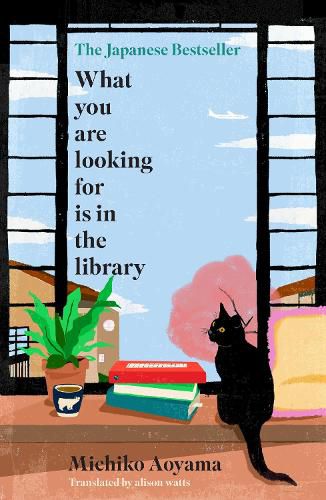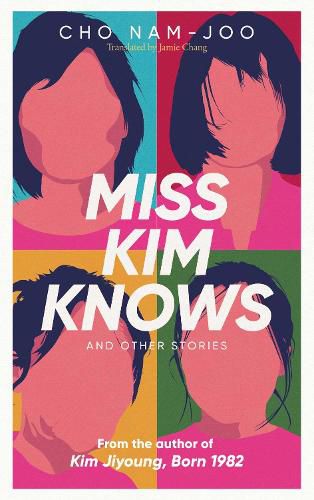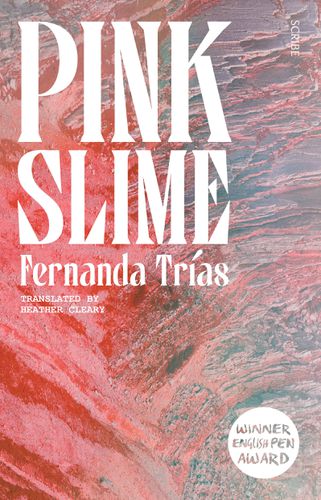This month we're reading fiction translated from German, Swedish, Japanese, Korean and Spanish!
Kairos by Jenny Erpenbeck (translated from German by Michael Hofmann)
Berlin. 11 July 1986. They meet by chance on a bus. She is a young student, he is older and married. Theirs is an intense and sudden attraction, fuelled by a shared passion for music and art, and heightened by the secrecy they must maintain. But when she strays for a single night he cannot forgive her and a dangerous crack forms between them, opening up a space for cruelty, punishment and the exertion of power. And the world around them is changing too: as the GDR begins to crumble, so too do all the old certainties and the old loyalties.
From a prize-winning German writer, this is the intimate and devastating story of the path of two lovers through the ruins of a relationship, set against the backdrop of a seismic period in European history.
The Details by Ia Genberg (translated from Swedish by Kira Josefsson)
A famous broadcaster writes a forgotten love letter; a friend abruptly disappears; a lover leaves something unexpected behind; a traumatised woman is consumed by her own anxiety.
In the throes of a fever, a woman’s mind casts her back to the past. In precise, vivid language, the stories of four important people who have shaped her life are revealed – a thousand little memories from across a lifetime, laid bare in vivid detail as her body temperature races.
International bestseller The Details is a luminous portrayal of all the small moments that make up a life; the little details that make us human.
What You Are Looking for is in the Library by Michiko Aoyama (translated from Japanese by Alison Watts)
What are you looking for? So asks Tokyo's most enigmatic librarian, Sayuri Komachi. She is no ordinary librarian. Naturally, she has read every book on her shelf, but she also has the unique ability to read the souls of anyone who walks through her door. Sensing exactly what they're looking for in life, she provides just the book recommendation they never knew they needed to help them find it.
Every borrower in her library is at a different crossroads, from the restless retail assistant – can she ever get out of a dead-end job? – to the juggling new mother who dreams of becoming a magazine editor, and the meticulous accountant who yearns to own an antique store. The surprise book Komachi lends to each will change their lives for ever.
Miss Kim Knows and Other Stories by Cho Nam-Joo (translated from Korean by Jamie Chang)
A woman is born. A woman is filmed in public without consent. A woman suffers domestic violence. A woman is gaslit. A woman is discriminated against at work. A woman grows old. A woman becomes famous. A woman is hated, and loved, and then hated again.
Miss Kim Knows brings together the lives of eight Korean women, aged 10 to 80. Contained in each of these biographies is a microcosm of contemporary Korea, and the challenges and injustices that women face from childhood to old age. As with Kim Jiyoung, Born 1982, the fates of these eight women are the fates of women the world over. And under Cho Nam-Joo’s precise, unveiled gaze, nothing and nobody escapes scrutiny – not even herself.
Pink Slime by Fernanda Trías (translated from Spanish by Heather Cleary)
A port city is in the grips of an ecological crisis. The river has filled with toxic algae, and a deadly 'red wind' blows through its streets; much of the coast has been evacuated as the wealthy migrate inland to safety, leaving the rest to shelter in abandoned houses as blackouts and food shortages abound.
The unnamed narrator is one of those who has stayed. She spends her days trying to disentangle herself from the two relationships that had once meant everything to her, and looking after the young boy who's been placed in her care. As the world in which they move becomes smaller, she reflects on the collapse of the other emotional ties in her life and the emergence of a radical yet tender solitude.
The Penguin Book of Korean Short Stories edited by Bruce Fulton (translated from Korean)
This eclectic, moving and wonderfully enjoyable collection is the essential introduction to Korean literature. Journeying through Korea’s dramatic twentieth century, from the Japanese occupation and colonial era to the devastating war between north and south and the rapid, disorienting urbanization of later decades, it captures a hundred years of Korea’s vibrant short-story tradition.
Here are peddlars and prostitutes travelling across snow-laden fields; artists drinking and debating in the tea-houses of 1920s Seoul; soldiers fighting for survival; exiles from the war who can never go home again; and lonely men and women searching for connection in the dizzying modern city.





